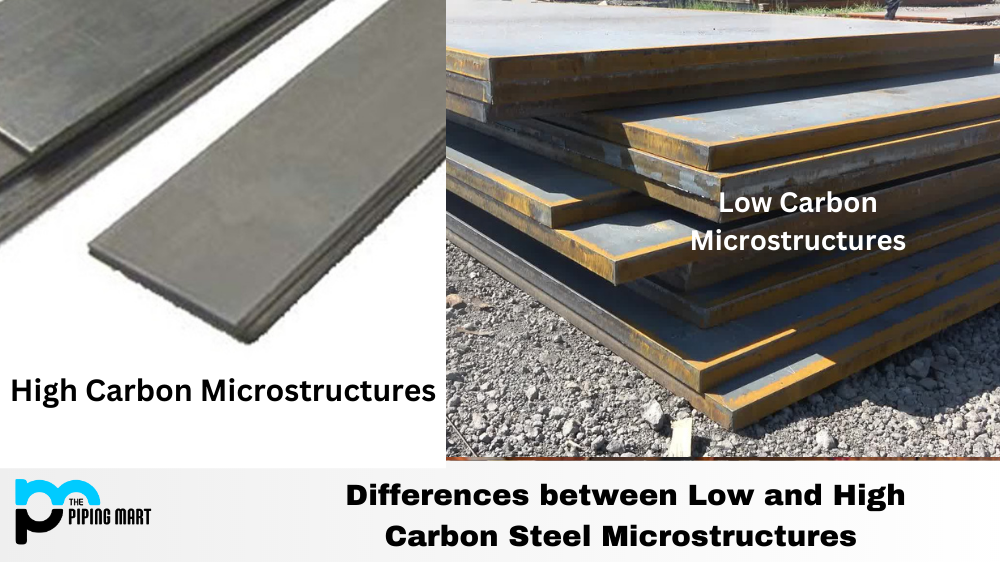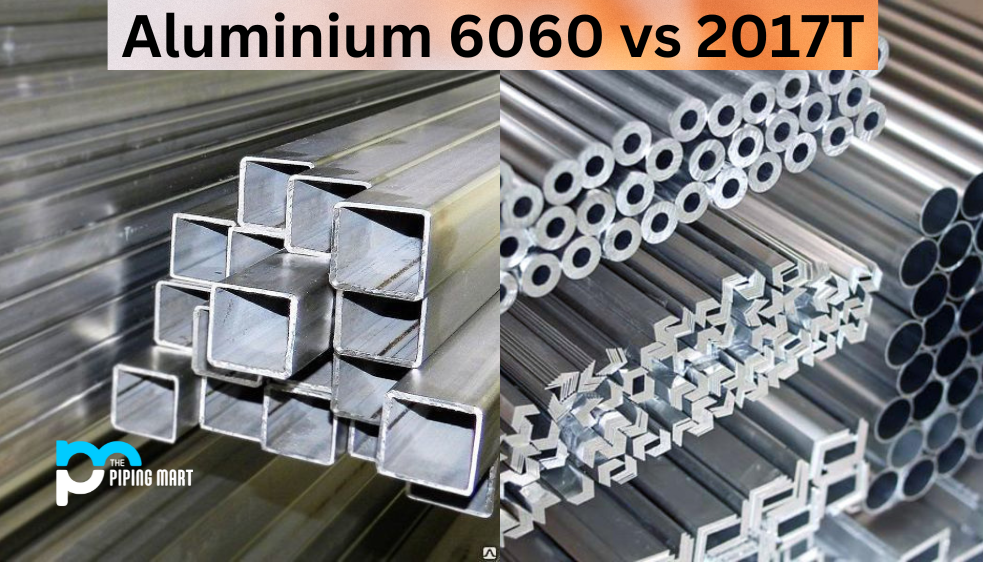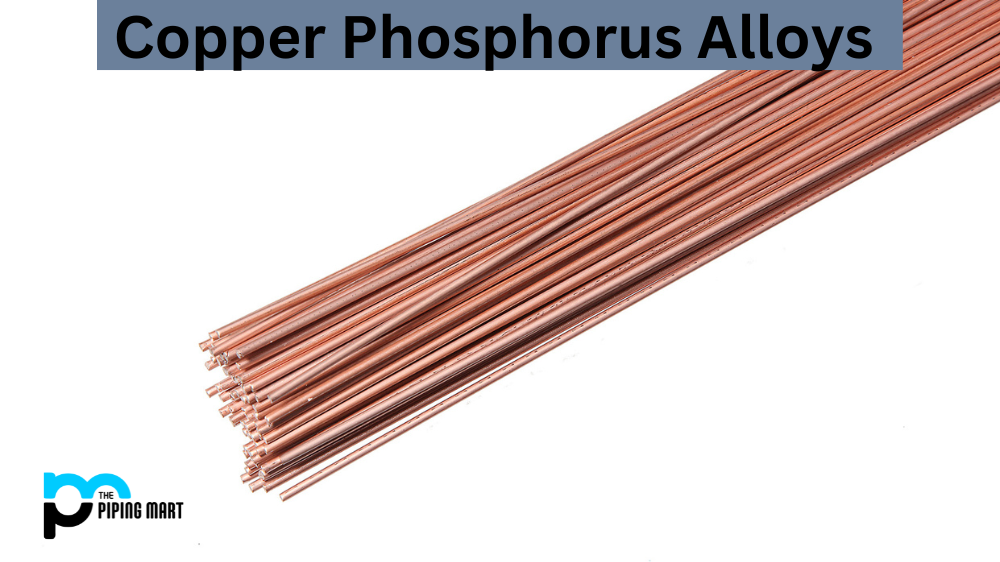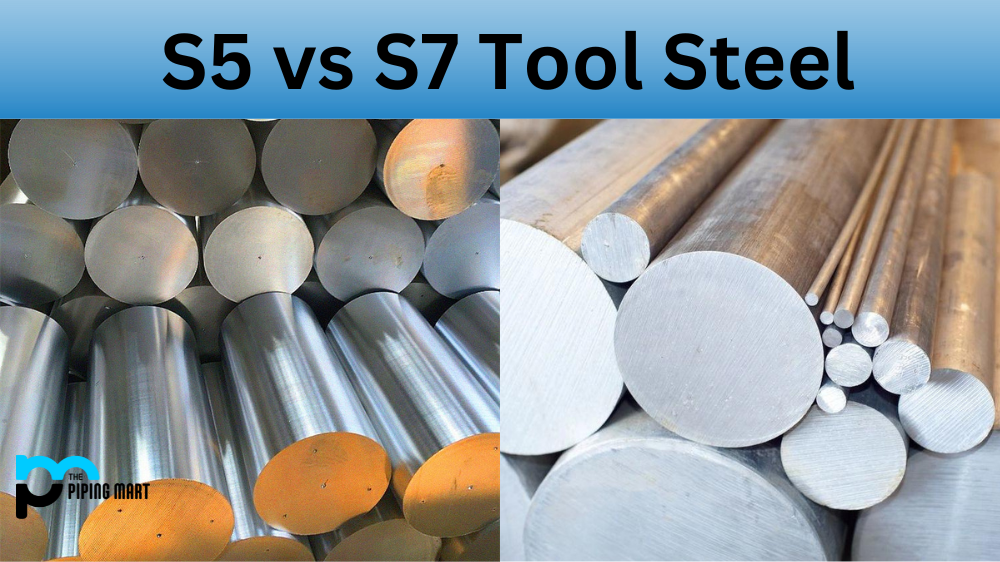In metalworking, the understanding microstructure is key to creating better-quality products. Low- and high-carbon steel are two types of steel with distinct microstructures. Understanding how these different structures affect the properties of the metals can help metalworkers create more reliable products. Let’s take a look at the differences between low and high-carbon steel microstructures and what these differences mean.
Low Carbon Steel Microstructure
Low-carbon steel has a ferrite matrix, which is composed of small grains of iron crystals in a soft ferritic material. Adding manganese and other alloys makes this material stronger than pure iron but still relatively soft compared to other types of steel. This is why low-carbon steels are commonly used for things like automobile body parts or pipes that require bending without breaking.
High Carbon Steel Microstructure
High carbon steel has a pearlite matrix, which is made up of alternating layers of soft ferrite and hard cementite particles surrounded by iron crystals. This composition makes it much harder than low-carbon steel, although it is also more brittle due to the presence of cementite particles in its structure. It is best used for applications where strength is critical, such as machine tools or swords, as it can withstand greater amounts of wear and tear without breaking down quickly.
Conclusion
The difference between low-carbon steel and high-carbon steel lies in their respective microstructures. Low-carbon steels contain a ferrite matrix that gives them superior flexibility, while high-carbon steels contain pearlite matrices that give them superior strength and hardness. Metalworkers need to understand these different properties to choose the right type of metal for any given application. By understanding the differences between low and high-carbon steel microstructures, they can ensure they are creating products with the best possible quality.

Abhishek is a seasoned blogger and industry expert, sharing his insights and knowledge on various topics. With his research, Abhishek offers valuable insights and tips for professionals and enthusiasts. Follow him for expert advice on the latest trends and developments in the metal industry.




